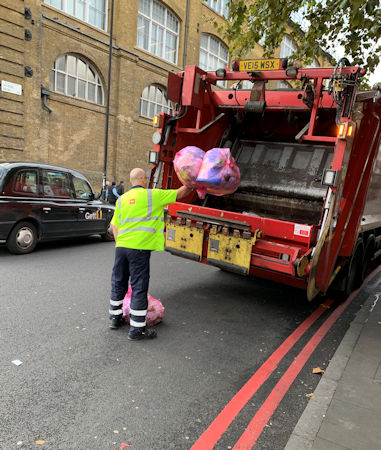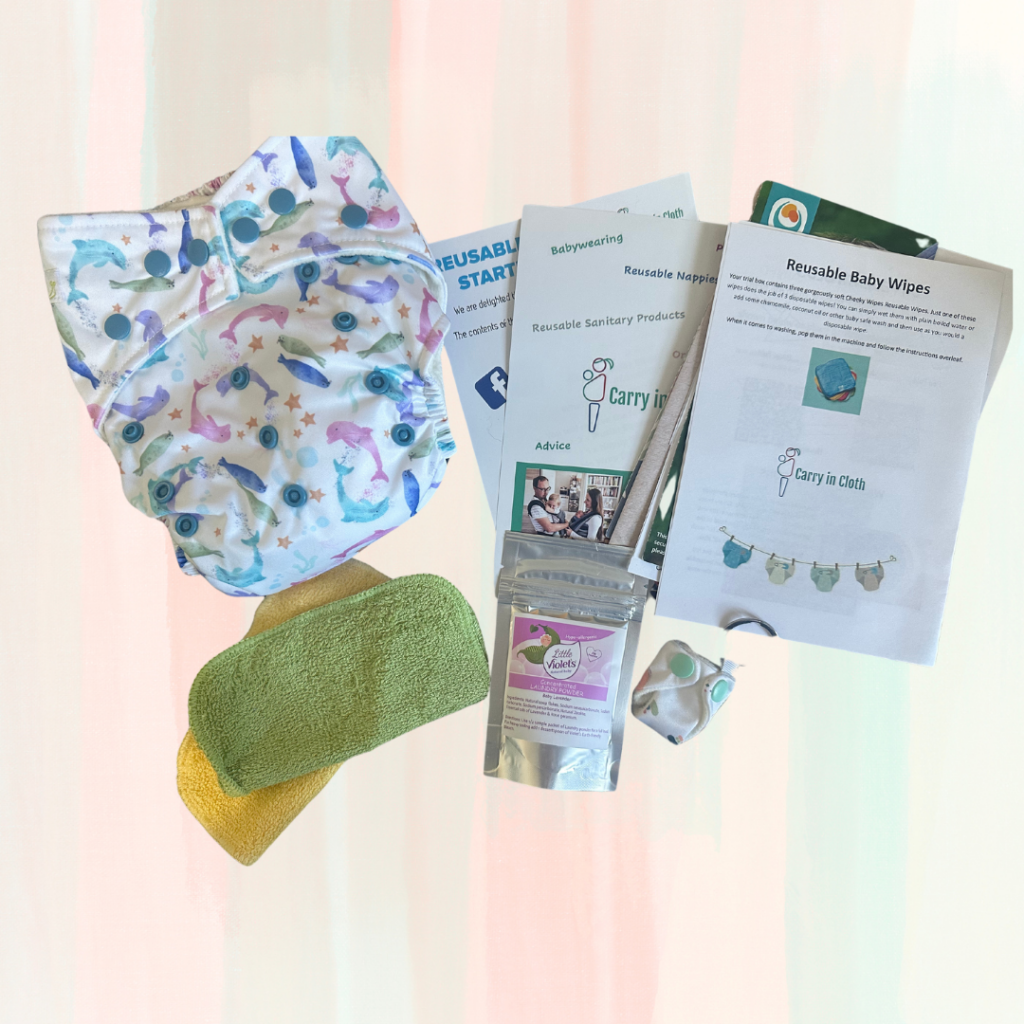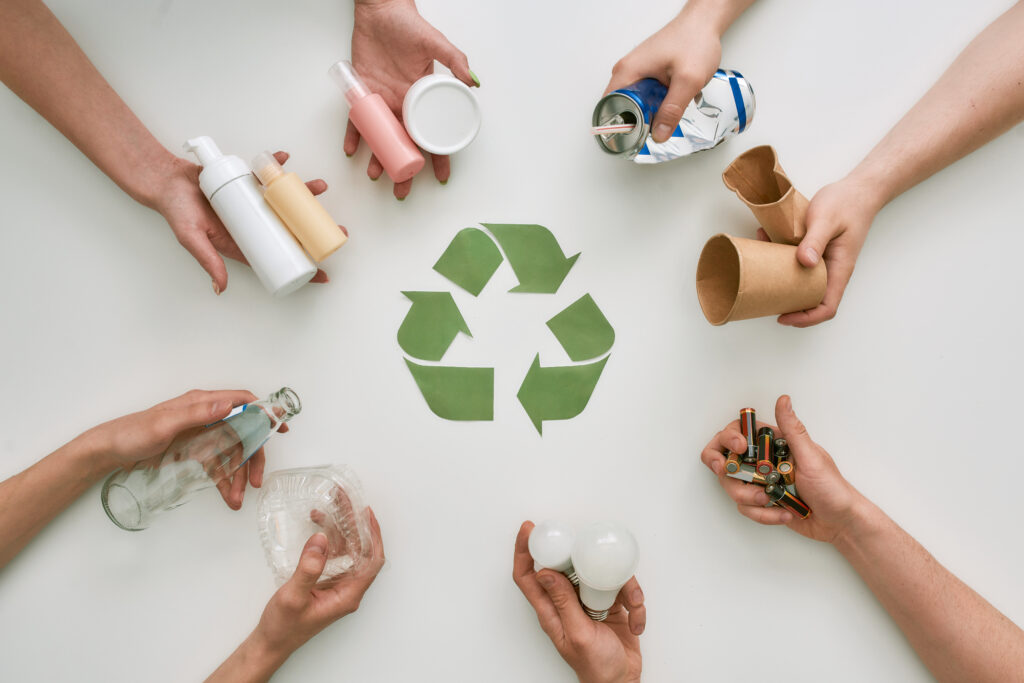WISH published a draft advice document last week (28 March), saying at the time changes may be made following feedback (see letsrecycle.com story).

The Chartered Institution of Wastes Management (CIWM), a professional body for the waste management industry in the UK, said it welcomed the WISH advice but greater clarity was needed to assure a consistent approach across the sector.
A CIWM statement reads: “CIWM welcomes the valuable and timely work that WISH is undertaking to assess the risks of COVID-19 to waste management sector key workers and provide clear advice on the steps that should be taken to mitigate those risks to ensure that essential waste and recycling services continue.
“CIWM’s expert networks have responded to the consultation and provided feedback which has been communicated back to WISH.”
“There is a need for greater clarity and consensus to ensure that the sector is taking a consistent approach to managing the risks associated with COVID-19”
The Institution identified three areas as requiring greater clarity and consistency:
- social distancing and collection crews,
- household waste recycling centres (HWRCs),
- and personal protective equipment (PPE) and hygiene.
A short consultation period until ‘close of play’ on 31 March 2020 was given for feedback on the draft advice by WISH, with an update expected shortly.
Collection crews
In the original draft advice WISH said obeying the two metre rule of social distancing was difficult or impossible for personnel who work together in the cabs of waste collection vehicles, but that if procedures were followed ensuring workers with suspected symptoms were sent home immediately, the risk of coronavirus infection should be low.

It advised that, where possible, each team should be made up of the same crew members every day, while close interactions between crews should be minimised.
CIWM says feedback from its members suggests a preferred solution would be moving to a ‘driver +1’ system in the cab, with established crews staying together and effectively working as ‘members of the same household’. An additional crew member travelling in a separate vehicle could work alongside where necessary.
HWRCs
The draft WISH advice says that HWRCs are places where members of the public may meet in numbers, local authorities should consider closing the sites until social distancing is relaxed. If it is essential for the sites to stay open, face to face contact should be minimised and the public should cease receiving assistance with waste.
CIWM says keeping HWRCs open contravenes the government’s instruction that citizens should only leave the house for essential tasks.
CIWM says it is prepared to work with WISH, industry stakeholders and UK governments to develop a protocol to determine if and when strategic HWRC sites could be opened and to establish guidelines to ensure they can be operated safely according to social distancing requirements.
PPE
CIWM says greater clarity is also needed in several areas related to PPE and hygiene.

While current WISH advice is that face masks offer little or no protection against COVID-19, CIWM says further consideration of specific circumstances in the waste sector may be required. It recommends further thought is given to areas, such as in MRFs, where there is a higher risk of exposure to waste materials and bioaerosols that could be contaminated with the coronavirus.
And, CIWM says guidance needs to be more explicit regarding observing social distancing during start-of-day and end-of-day mustering, breaks and shift changes, while further detail is needed on effective ‘deep clean’ procedures where a case of COVID-19 is suspected or confirmed.











Subscribe for free